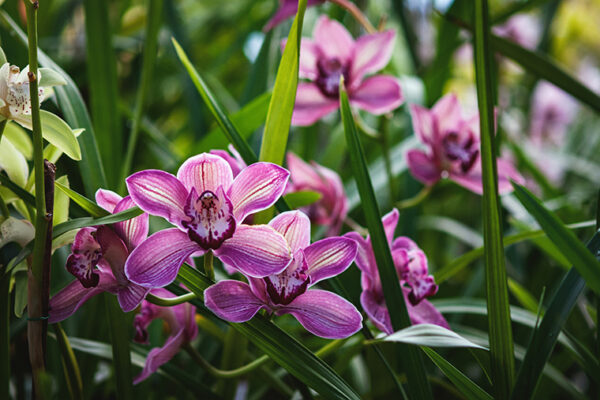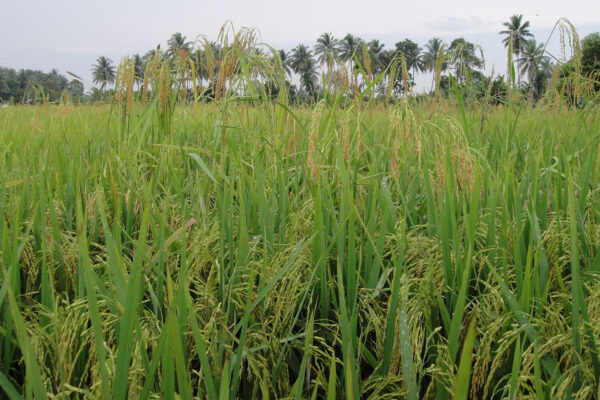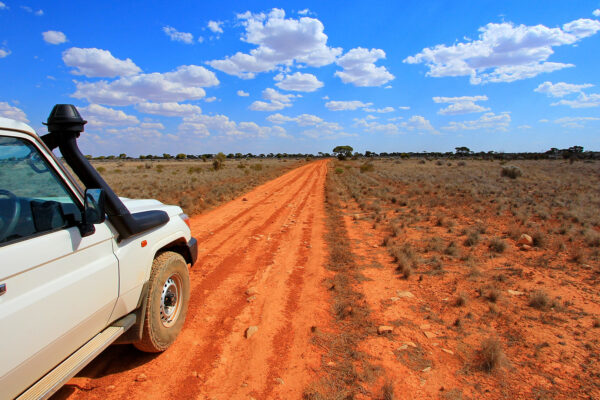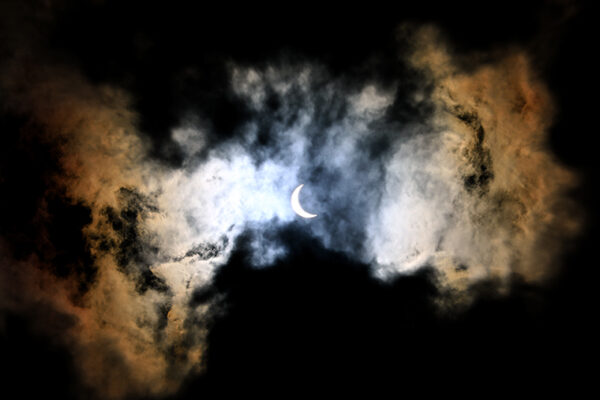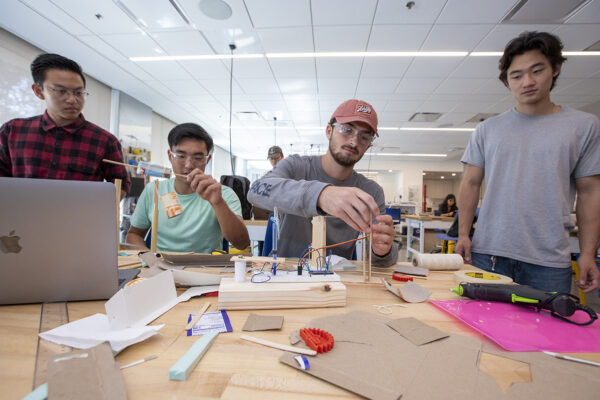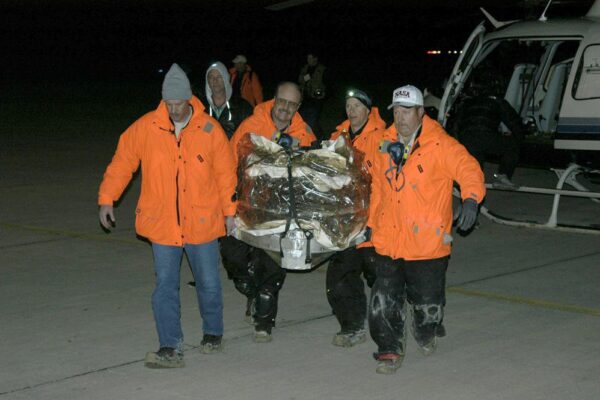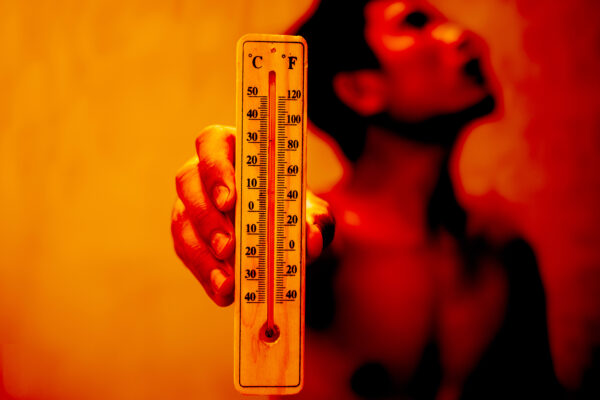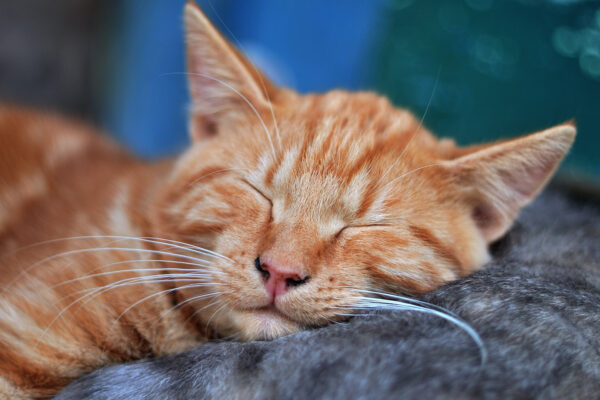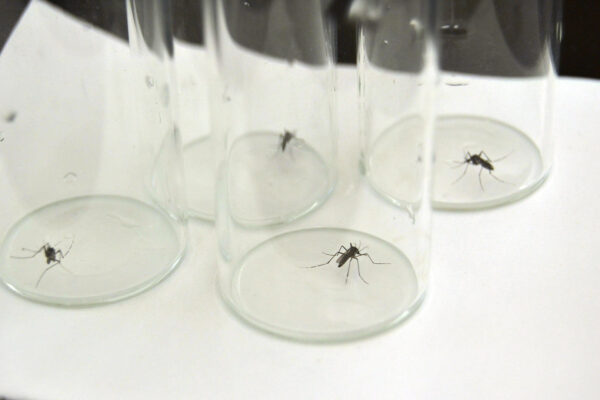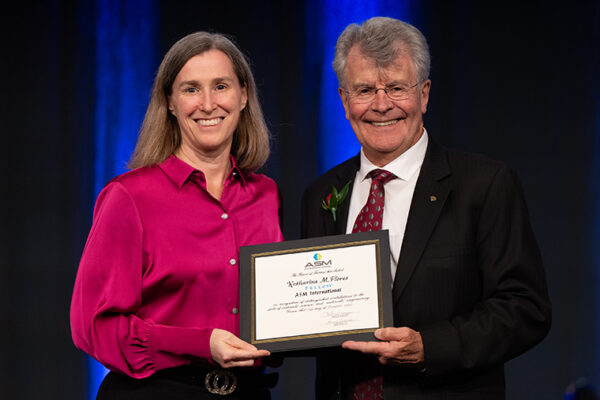New insight into orchid origins
Research from Washington University in St. Louis shows that orchids probably originated in Eurasia. Biologist Susanne Renner in Arts & Sciences is a senior author of the study in New Phytologist.
Weedy rice gets competitive boost from its wild neighbors
Rice feeds the world, but a look-alike weed can outcompete the crop. A study led by biologist Ken Olsen in Arts & Sciences shows how weedy rice gets its edge in tropical regions of the world.
The ties that bind
Researchers in Arts & Sciences discovered that a common mineral called goethite, found in red soils all over the Earth, tends to naturally trap trace metals over time, locking them out of circulation.
Get your eclipse fix during Saturday Science events
The Department of Physics in Arts & Sciences is offering a series of free public lectures in advance of the 2024 total solar eclipse. The first one, taking place Saturday, Feb 10, is titled: “Cosmic coincidence: The science of eclipses.”
‘Elegance in simplicity:’ A prototype is born
Students at the McKelvey School of Engineering designed prototypes for a device that could help environmental engineers monitor the air quality impact of factory farms in Missouri. The students built their prototypes in the Spartan Light Metal Products Makerspace in Jubel Hall.
Samples from a Wild comet reveal a surprising past
Eighteen years after NASA’s Stardust mission returned to Earth with the first samples from a known comet, the true nature of that icy object is coming into focus, according to physicist Ryan Ogliore in Arts & Sciences.
Four factors that drove 2023’s extreme heat
2023 was the hottest year in recorded history. Michael Wysession, a professor of earth, environmental and planetary sciences in Arts & Sciences, explains four factors that drove the year’s extreme heat and climate disasters — and what this means for the future.
Why do we sleep? Researchers propose an answer to this age-old question
Sleep helps restore the brain’s operating system to a critical state, according to new findings from biology and physics researchers in Arts & Sciences.
Some mosquitoes like it hot
Certain populations of mosquitoes are more heat tolerant and better equipped to survive heat waves than others, according to new research from Washington University in St. Louis.
Flores named ASM Fellow
Katharine M. Flores, the Christopher I. Byrnes Professor at the McKelvey School of Engineering, has been elected a Fellow of ASM (American Society for Metals) International for her contributions to the field of materials science and engineering.
View More Stories
